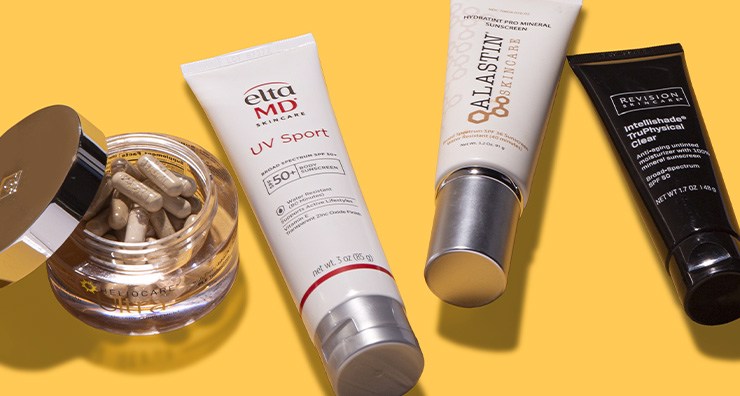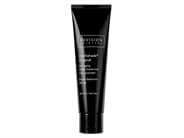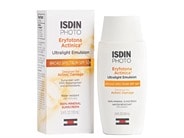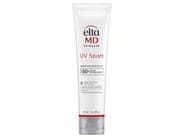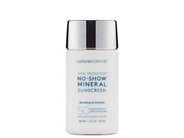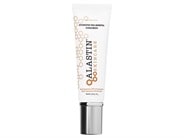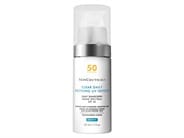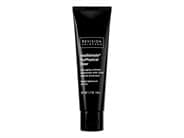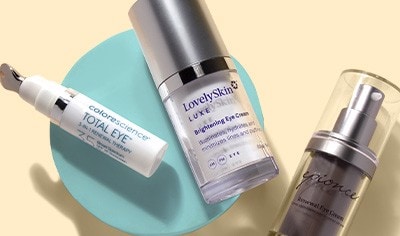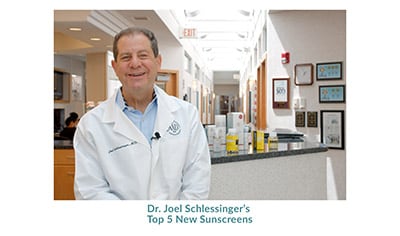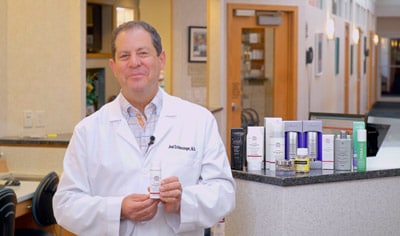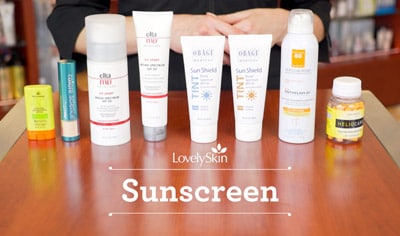Recent trending TikTok videos and Reddit discussions have focused on whether sunscreen ingredients are safe or toxic. As with any issue, there is no black-and-white answer. Recent recalls of spray-on sunscreens due to benzene concerns and Hawaii’s bans of certain sunscreen ingredients because of their possible risk to coral reefs and marine life may have you wondering whether it’s still safe to use sunscreen. “Yes, sunscreen is still safe, but it pays to know what is in your brand and how they classify the sunscreen. It also pays to use sunscreens strategically and avoid those that are possibly inhaled,” says Dr. Joel Schlessinger, LovelySkin CEO and board-certified dermatologist, Mohs surgeon and cosmetic surgeon. “Sunscreen is formulated to be safe, and it is a crucial tool—along with physical protection like hats, clothing and shade—to help prevent skin cancers, which can lead to surgery, disfiguration and even death,” Dr. Joel Schlessinger says.
With the help of father-son dermatologists, Drs. Joel and Daniel Schlessinger, we’ll answer some questions about sunscreen and safety, including:
If you use spray-on sunscreen, you might remember when certain formulas were pulled from shelves in 2022 due to potentially unsafe benzene levels. Though these products are no longer on the market, inhalation and where the product ends up in your body is a safety concern when it comes to any kind of spray-on product.
“There are concerns that are appropriate about inhaled particles from spray products such as sunscreens, bug sprays and hairsprays. In general, when it comes to sunscreens specifically, the risk of unprotected sun exposure is worse than the risk of any possible sunscreen harm,” Dr. Joel Schlessinger says. “I try to avoid inhaling anything I don't have to, including insect spray, sunscreen and baby powder, among other things. There is also no benefit to spray-on sunscreens other than convenience. In fact, most dermatologists avoid them as the likelihood of getting every nook and cranny of the body with a spray-on is less than a careful application of a cream. Now, with non-aerosolized spray-on sunscreens, there is much less danger of inhalation as they don't aerosolize.” Sunscreens with lotion, cream or gel formulas do not pose any inhalation concerns.
Studies consistently show broad-spectrum sunscreen protects against three of the most common skin cancers: basal cell carcinoma, squamous cell carcinoma and melanoma. “Melanoma is the deadliest of skin cancers, and using a broad-spectrum sunscreen is one of the best methods to avoid melanoma, along with physically protecting your skin with UPF clothing, a wide-brimmed hat and seeking the shade,” says Dr. Daniel Schlessinger, board-certified dermatologist as well as Mohs surgeon and cosmetic surgeon.
No, there is not any evidence sunscreen is poisoning people. “Studies on sunscreen have been performed using unreasonable amounts of application and unusual patterns of usage, which showed that in these exaggerated methods, sunscreen chemicals could accumulate in the blood,” Dr. Joel Schlessinger says. “This is the basis of some of these comments, but that would be the equivalent of eating 200 donuts and then saying that donuts are deadly.”
Additionally, the sun itself can cause sun poisoning, a term used to describe a very severe sunburn with symptoms such as fever, chills, nausea, vomiting or headache. A tan or sunburn of any kind, whether mild or severe, indicates damage to your skin, and five or more sunburns can double your risk of melanoma, according to The Skin Cancer Foundation. You can read more about what actually happens to your skin when you get a sunburn here.
There is a lot of discussion online about “toxic” ingredients in beauty and skin care products and what is safe to use on your body. “When it comes to toxicity, the dose makes the poison,” says Dr. Daniel Schlessinger. “Any and all chemicals or drugs can be dangerous and even deadly in the wrong forms or in the wrong amounts of usage. Even water can be poisonous, for example, as drinking too much of it can cause water toxicity by diluting the electrolytes in your blood.” The Food and Drug Administration regulates sunscreens and requires that sunscreen makers use ingredients at levels that are safe for use on your skin.
Today’s sunscreen formulas tend to fall into two categories: physical sunscreens or chemical sunscreens. Physical sunscreens use mineral-based ingredients, such as zinc oxide and titanium dioxide, to block the sun’s UV rays from penetrating your skin. Chemical sunscreens use ingredients such as avobenzone, homosalate, octinoxate, octocrylene and oxybenzone that protect your skin from UV rays by absorbing them and converting them into heat, so they don’t damage your skin. Many sunscreens have hybrid formulas that blend both mineral and chemical ingredients.
“Sunscreen is formulated to be safe, first and foremost,” Dr. Joel Schlessinger says. “The safest are physical sunscreens, as they don't interact with the body or enter the bloodstream other than if they are inhaled. That doesn't mean chemical sunscreens should be avoided entirely, as there is no doubt they can be more effective than physical sunscreens and are longer-lasting. Therefore, in the right situations, chemical sunscreens still have a place and purpose. I absolutely use both chemical and physical sunscreens in my daily regimen, but will generally prefer physical sunscreen if it is adequate for the sun I will be exposed to during the day’s events.”
Drs. Joel and Daniel Schlessinger always recommend physical sunscreens for children as well as patients who are pregnant or nursing. Physical sunscreens are also required in certain locations, such as Hawaii, where local municipalities have banned chemical sunscreens out of concern the active ingredients may pose harm to marine life. Chemical sunscreens do not generally have a white cast and can absorb more quickly into the skin. Some chemical sunscreens with a gel or spray formula are transparent and look entirely clear when you apply them onto your skin (these are often called invisible, not-seen or unseen sunscreens).
Personal preference and skin reaction can also play a factor when it comes to choosing a sunscreen. “If you experience symptoms such as a rash or hives, stinging or swelling when using either a physical or a chemical sunscreen, that can be a sign of a skin allergy or even a sun allergy,” says Dr. Daniel Schlessinger. “I recommended discontinuing use of that product and consulting with a board-certified dermatologist for advice on picking an alternate sunscreen you can use to avoid triggering an allergic reaction while still protecting your skin from sun exposure. Heliocare, an oral supplement that contains an ingredient called polypodium leucotomas, can help make sunscreens last longer and give more protection as well.” For more on Heliocare, see below.
Drs. Joel and Daniel Schlessinger encourage their patients to read critically when it comes to online claims about sunscreen. “The overall worry is people will avoid protection with good, if not great, sunscreens because of an unreliable source on social media or an alarmist headline on an article,” Dr. Joel Schlessinger says. “Many publications use these headlines as ‘clickbait’ and while the article itself may be fairly balanced, people don't actually read the article and use the outrageous headline as a justification to not wear sunscreen at all. That's a terrible idea and can lead to problems down the line, such as skin damage and skin cancers.”
Drs. Joel and Daniel Schlessinger recommend wearing a broad-spectrum sunscreen of at least SPF 30 or higher to protect your skin from both UVA and UVB rays. When it comes to facial sunscreens, specifically, here are a few LovelySkin staff favorites for a variety of scenarios, from daily use to swimming to sports.
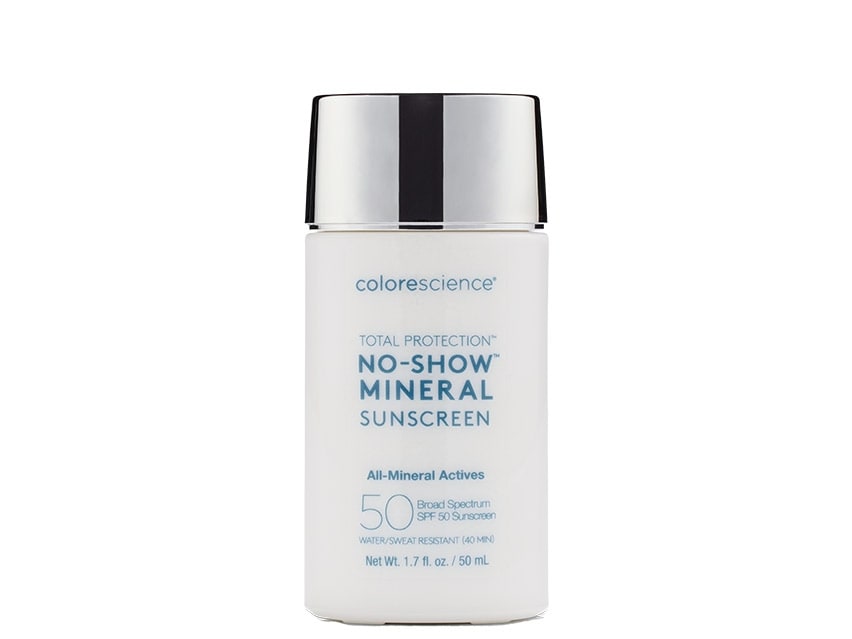
Sunscreen type: Physical broad-spectrum protection with mineral filters (10% zinc oxide)
Top traits: Wears well under makeup, no white cast
Good to know: Bisabolol and allantoin help to reduce redness and inflammation.
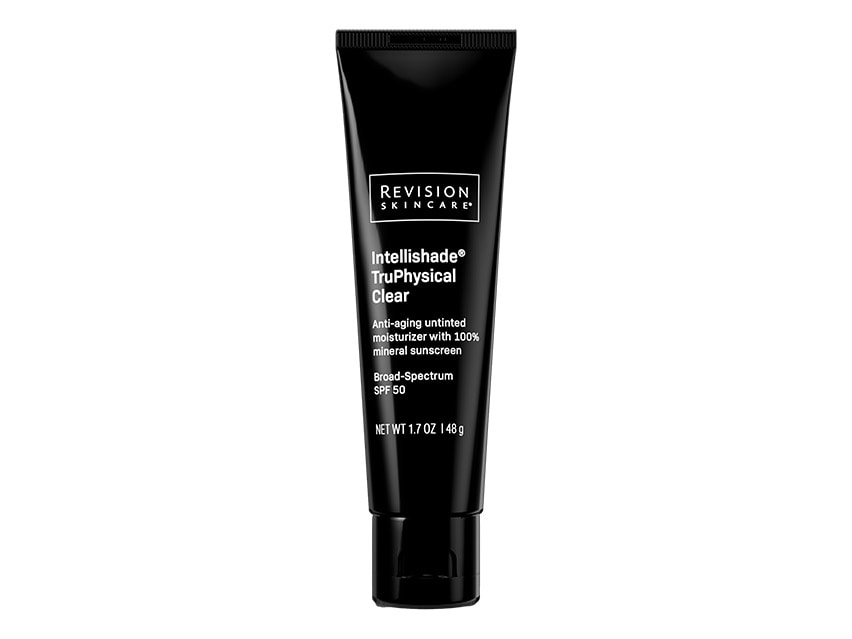
Sunscreen type: Physical broad-spectrum protection with mineral filters (2.5% titanium dioxide and 15.2% zinc oxide)
Top traits: Doubles as a tinted moisturizer, no white cast
Good to know: Vitamin C helps minimize wrinkles and boost healthy collagen production.
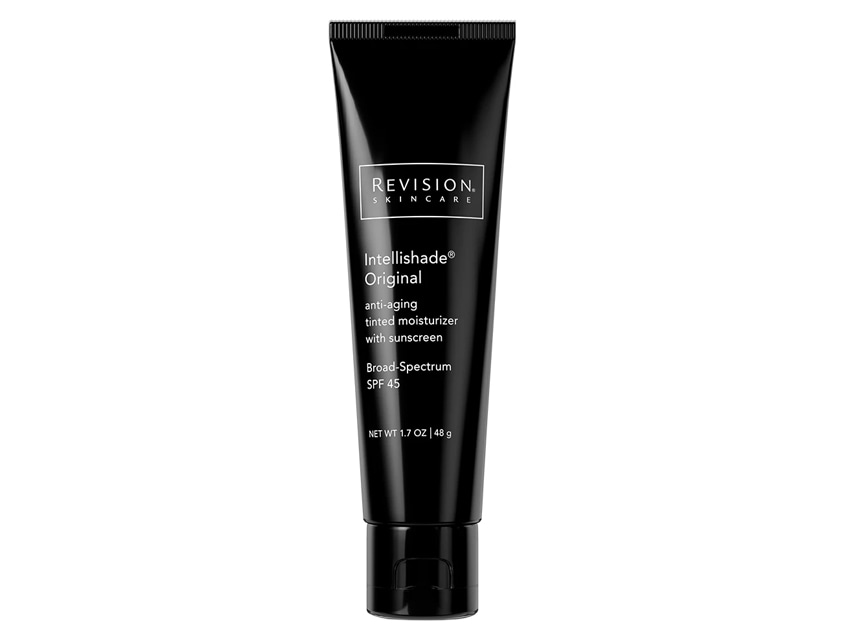
Sunscreen type: Hybrid physical and chemical broad-spectrum protection (3.5% titanium dioxide, 3% zinc oxide, 7.5% octinoxate and 5% octisalate)
Top traits: Anti-aging benefits, dewy finish, doubles as a tinted moisturizer
Good to know: A tri-peptide blend helps reduce the appearance of fine lines and wrinkles.
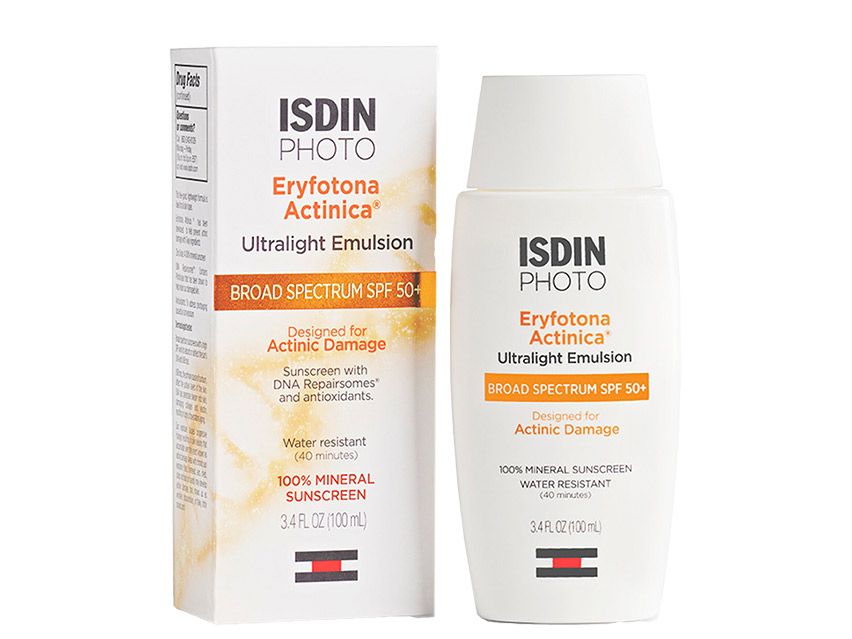
Sunscreen type: Physical broad-spectrum protection with a mineral filter (11% zinc oxide)
Top traits: Ultra-lightweight serum texture, wears well under makeup
Good to know: DNA Repairsomes help repair visible signs of sun damage while preventing future damage from UV rays.
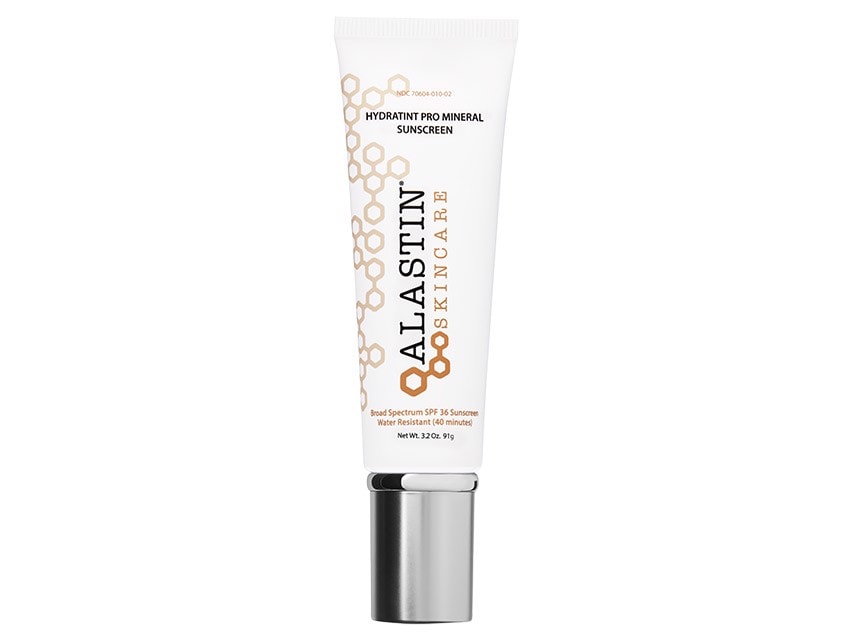
Sunscreen type: Physical broad-spectrum protection with mineral filters (3.4% zinc oxide and 8.9% titanium dioxide)
Top traits: Doubles as a tinted moisturizer, no white cast
Good to know: Antioxidant ingredients help reduce UV-related photodamage to the skin.
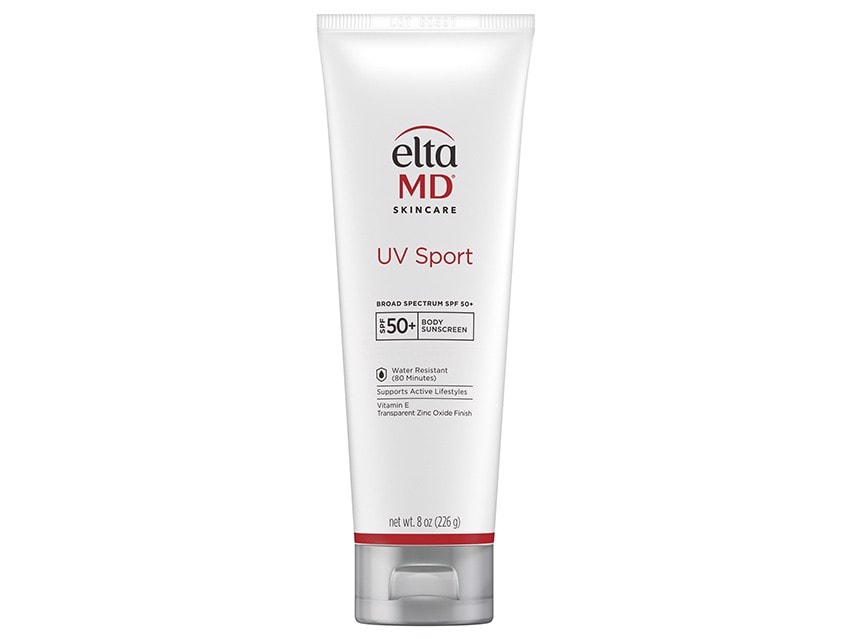
Sunscreen type: Hybrid physical and chemical broad-spectrum protection (9% zinc oxide, 7.5% octinoxate, 5% octisalate)
Top traits: Great for swimming and sports
Good to know: This formula is sweat-resistant and water-resistant for eighty minutes.
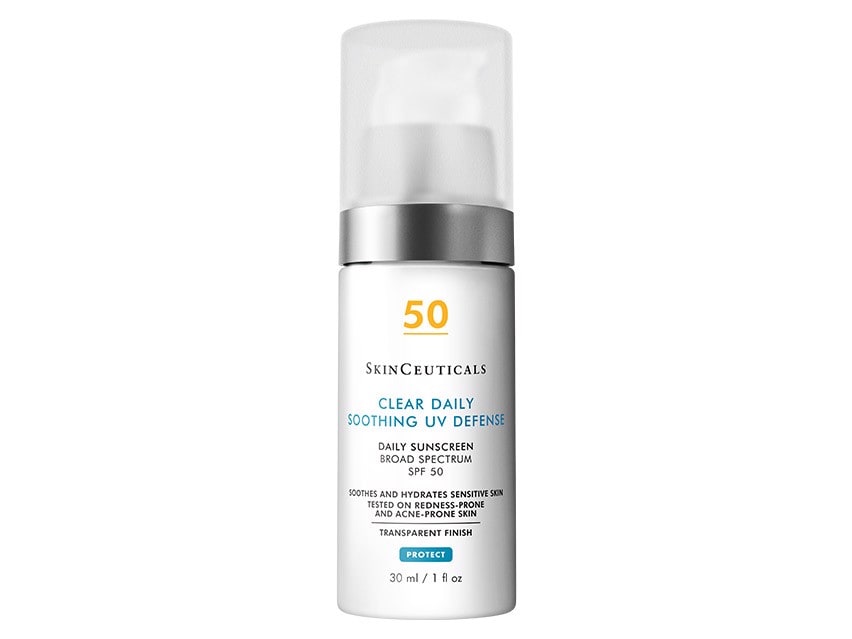
Sunscreen type: Hybrid physical and chemical broad-spectrum protection (7% zinc oxide, 8% homosalate, 5% octisalate and 5% octocrylene)
Top traits: Reduces redness, gentle on sensitive skin
Good to know: It features proprietary Netlock Technology that offers more complete UV protection with a transparent finish.
Bonus: Taking a supplement such as HELIOCARE Ultra Antioxidant Supplements can help provide an added layer of protection in addition to sunscreen. HELIOCARE helps reduce UV-related cell damage from sun exposure with antioxidants and Polypodium leucotomos extract, a powerful ingredient derived from a tropical fern. “I recommend HELIOCARE as a complement to sunscreen for my patients who may need to be out in the sun for long periods of time,” Dr. Joel Schlessinger says.
Your body needs protection from the sun too! You can read about the best body sunscreens for everyday use on the LovelySkin Blog.


